For decades, the United States has seen a disproportionately higher number of mass shooting incidents than other developed countries.
Some of these shootings have thrust the nation into mourning. In 2012, the Sandy Hook Elementary School shooting resulted in nearly 30 deaths, many of whom were children between kindergarten and second grade. In 2018, a Marjory Stoneman Douglas High School student opened fire on his classmates and teachers, killing 19 of them.
Both of these tragedies—as well as many before and since—led to major crescendos in the fight to get the USA's rampant gun violence under control.
Though a majority of Americans back at least some form of gun control, Republican lawmakers have railed against any form of gun regulation, however innocuous, painting these efforts as an affront to the Second Amendment.
The devotion of these lawmakers to guns is in no small part due to the National Rifle Association, or NRA—one of the most influential lobbies in American history. For decades, the NRA has held an unrelenting grip on members of Congress, even "grading" them to constituents on their devotion to unrestricted firearm access.
So how does the NRA still maintain support after mass shooting incidents? A newly revealed tape of NRA executives discussing strategy immediately after one of the nation's earliest school shootings gives some insight.
A new report by Tim Mak of NPR details a 1999 meeting between top leaders of the NRA following the shooting at Columbine High School that killed 12 people.
Listen to the segment below.
Among those present at the meeting were the organization's then-president, Charlton Heston; its eventual president, Wayne LaPierre; and the NRA's legislative action leader, Jim Baker—along with others. A major point of contention was whether or not to cancel the organization's annual meeting, which was set to. be held just days later in Denver, Colorado—just 10 miles from the site of the shooting.
NRA lobbyist Marion Hammer says at one point:
"The message that [canceling the meeting] will send is that even the NRA was brought to its knees, and the media will have a field day with it."
Other officials floated a victims fund or a concrete gesture, but the ultimate objective was to ensure that the NRA wasn't perceived as taking any responsibility whatsoever for the shooting.
At one point, Hammer talks disparagingly of NRA's own members, warning:
"If you pull down the exhibit hall, that's not going to leave anything for the media except the members meeting, and you're going to have the wackos ... with all kinds of crazy resolutions, with all kinds of, of dressing like a bunch of hillbillies and idiots. And, and it's gonna, it's gonna be the worst thing you can imagine."
Soon, Heston spoke, taking the anti-media position the organization still champions today:
"Why us? Because their story needs a villain. They want us to play the heavy in their drama of packaged grief, to provide riveting programming to run between commercials for cars and cat food. The dirty secret of this day and age is that political gain and media ratings all too often bloom on fresh graves."
The group also shut down suggestions of a victims fund for Columbine families, fearing it would be perceived as an acknowledgment by the organization of culpability for the shooting.
Mak concludes in his report:
"Over the next two decades, this unapologetic message would come to define the NRA's tone in the wake of mass shootings at American schools. After 32 people were killed at Virginia Tech in 2007: 'This is a time for people to grieve, to mourn, and to heal. This is not a time for political discussions or public policy debates.' After the 2012 shooting at Sandy Hook Elementary School: 'The only thing that stops a bad guy with a gun is a good guy with a gun.' And after the 2018 shooting at a high school in Parkland, Fla., the NRA's spokesperson said bluntly, 'Many in legacy media love mass shootings.'"
People were disgusted but unsurprised at the revelations.
Of coursehttps://twitter.com/shannonrwatts/status/1458085419933999110\u00a0\u2026— Molly Jong-Fast (@Molly Jong-Fast) 1636470171
Sickening doesn't begin to convey my feelings for the NRA....https://twitter.com/shannonrwatts/status/1458085419933999110\u00a0\u2026— Ted Zocco-Hochhalter (@Ted Zocco-Hochhalter) 1636479435
When you knew, but now you KNOW.https://twitter.com/shannonrwatts/status/1458085419933999110\u00a0\u2026— oogmar (@oogmar) 1636478462
Horrifying yet not surprising at all. #NRAtapeshttps://twitter.com/shannonrwatts/status/1458085419933999110\u00a0\u2026— Joan Esposito (@Joan Esposito) 1636469967
What makes the @NRA so evil is how aware they are of the problems they are causing.\n\n\u201cHillbillies and fruitcakes\u201d is so accurate of the @GOP!https://twitter.com/shannonrwatts/status/1458085419933999110\u00a0\u2026— Upstaterino (@Upstaterino) 1636471086
Their disdain for their own members also generated a wealth of reactions.
The grift goes back decades. The \u201cleaders\u201d and taking heads on the right have nothing but contempt and disdain for their followers.https://twitter.com/shannonrwatts/status/1458085419933999110\u00a0\u2026— Allison Cayse \ud83c\udf0a\ud83c\udf0a\ud83c\udf0a (@Allison Cayse \ud83c\udf0a\ud83c\udf0a\ud83c\udf0a) 1636495384
Figures.\n\nConservative \u201celites\u201d have total disdain for the rank-and-file Republicans so make up fake news to energize and distract them. CRT is not real. Microchips in vaccines are not real. QAnon is not real. \n\nWhat is real is that Trump lost by 7 million votes.https://twitter.com/shannonrwatts/status/1458085419933999110\u00a0\u2026— El Paso Politico \ud83d\udef9 (@El Paso Politico \ud83d\udef9) 1636502761
Is anyine surprised? @NRA never liked you and laughed while they took your money. #NRAhttps://twitter.com/shannonrwatts/status/1458085419933999110\u00a0\u2026— Patti M Piatt #BlackLivesMatter (@Patti M Piatt #BlackLivesMatter) 1636473161
Look, this should absolutely not surprise anyone. Republican elites have an extremely dim view of their voter base. Unless you have money and skills they consider valuable to their goals, they pretty much see you as an unwashed plebe to manipulate and keep out of sight.https://twitter.com/shannonrwatts/status/1458085419933999110\u00a0\u2026— Greg Fish (@Greg Fish) 1636519991
Awkward.

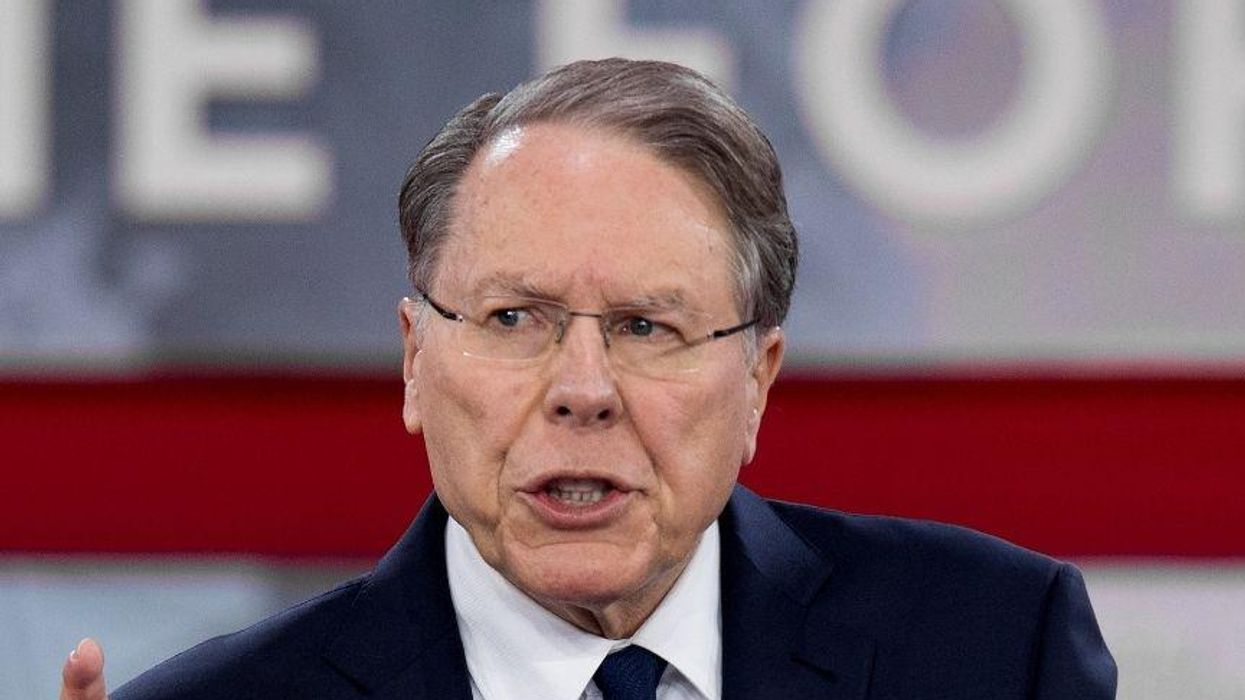


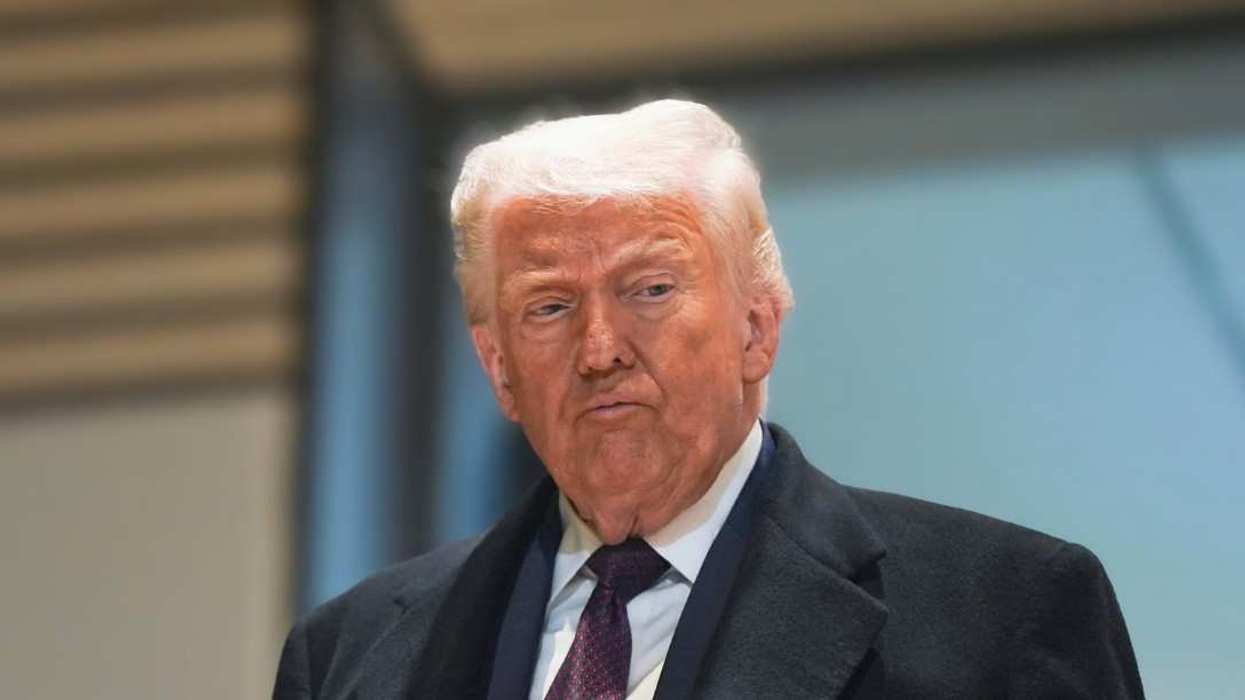

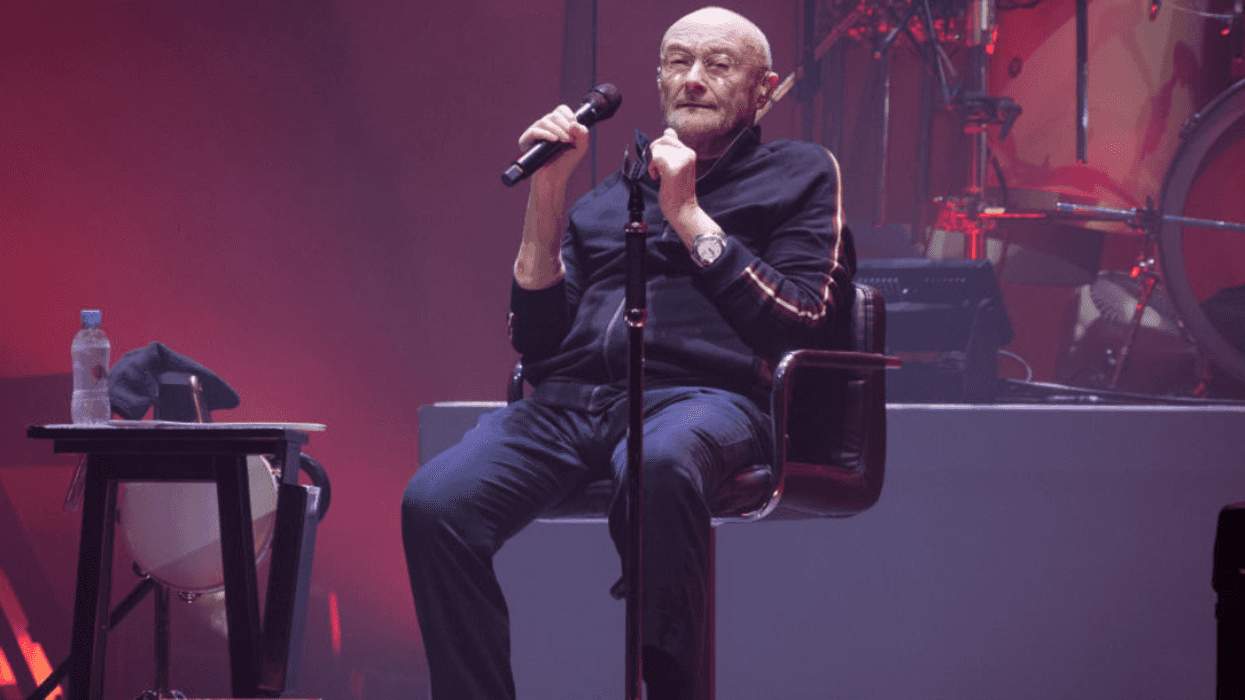
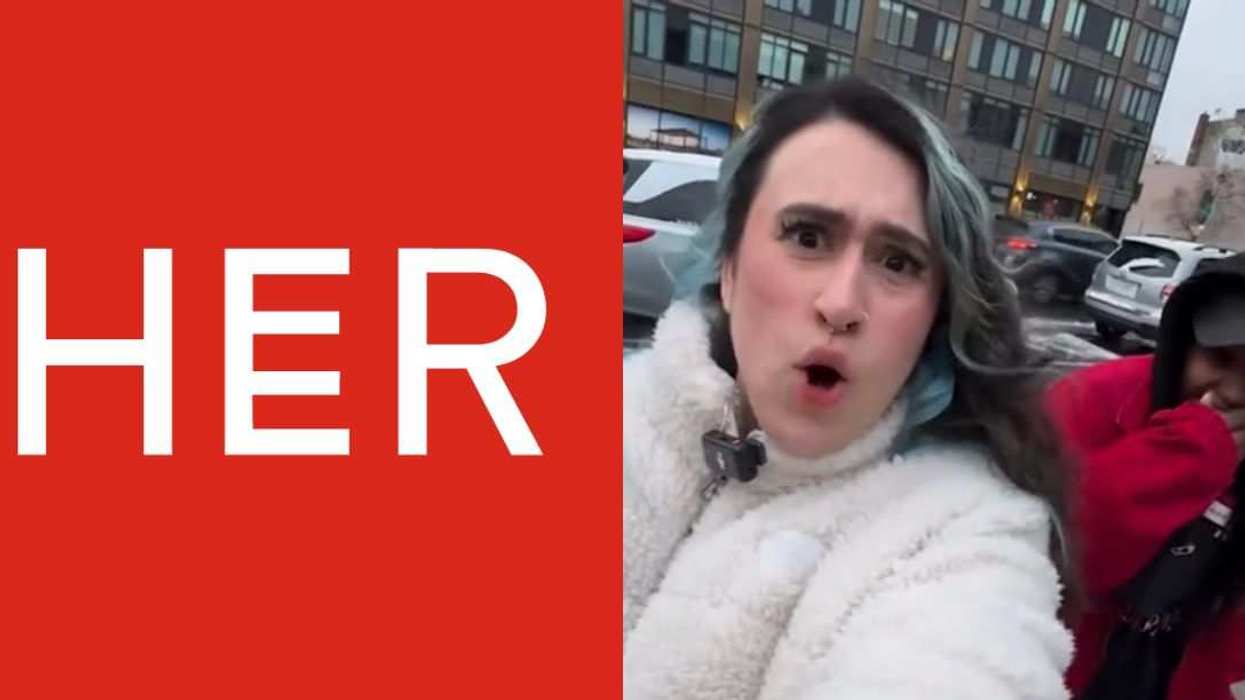
 @iamdaydreamin_/Instagram
@iamdaydreamin_/Instagram @loversfriendschi/Instagram
@loversfriendschi/Instagram @peachyyyangieee/Instagram
@peachyyyangieee/Instagram @y2kbug.zip/Instagram
@y2kbug.zip/Instagram Allie/TikTok
Allie/TikTok EclipseHope13 - /
EclipseHope13 - / Karina Skellington/TikTok
Karina Skellington/TikTok Nadia Spitaels/TikTok
Nadia Spitaels/TikTok Kkkkkakes/Instagram
Kkkkkakes/Instagram mister_bones__/TikTok
mister_bones__/TikTok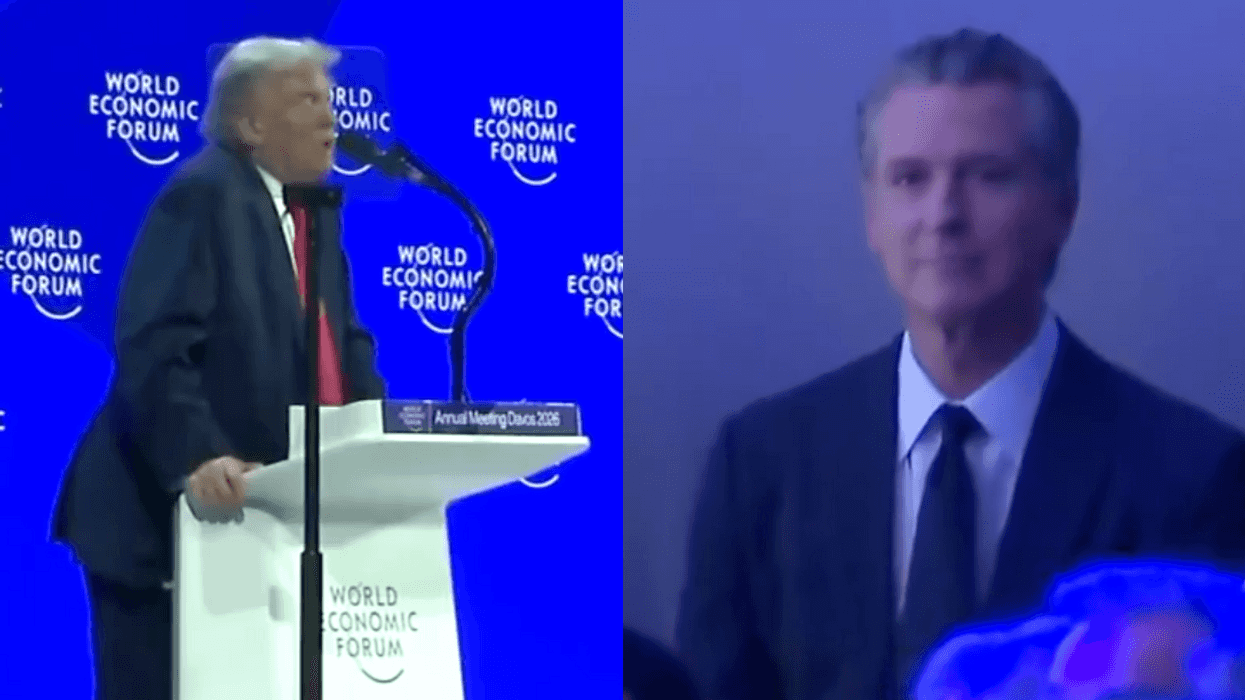
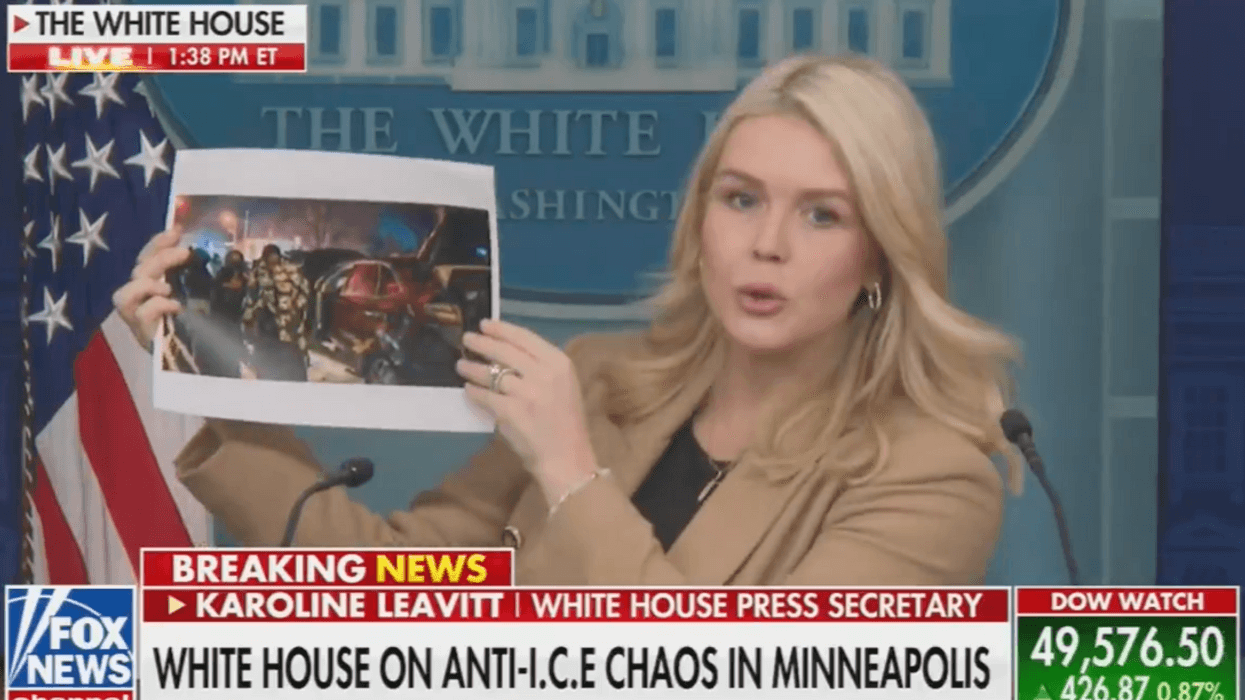

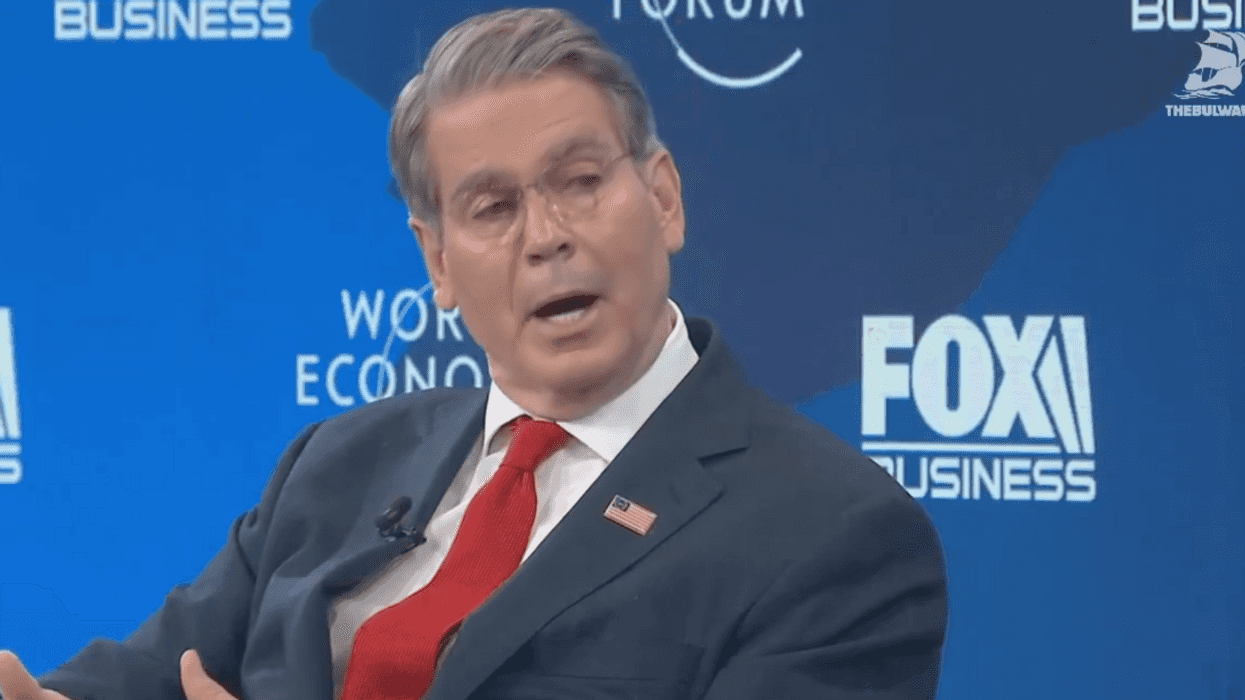
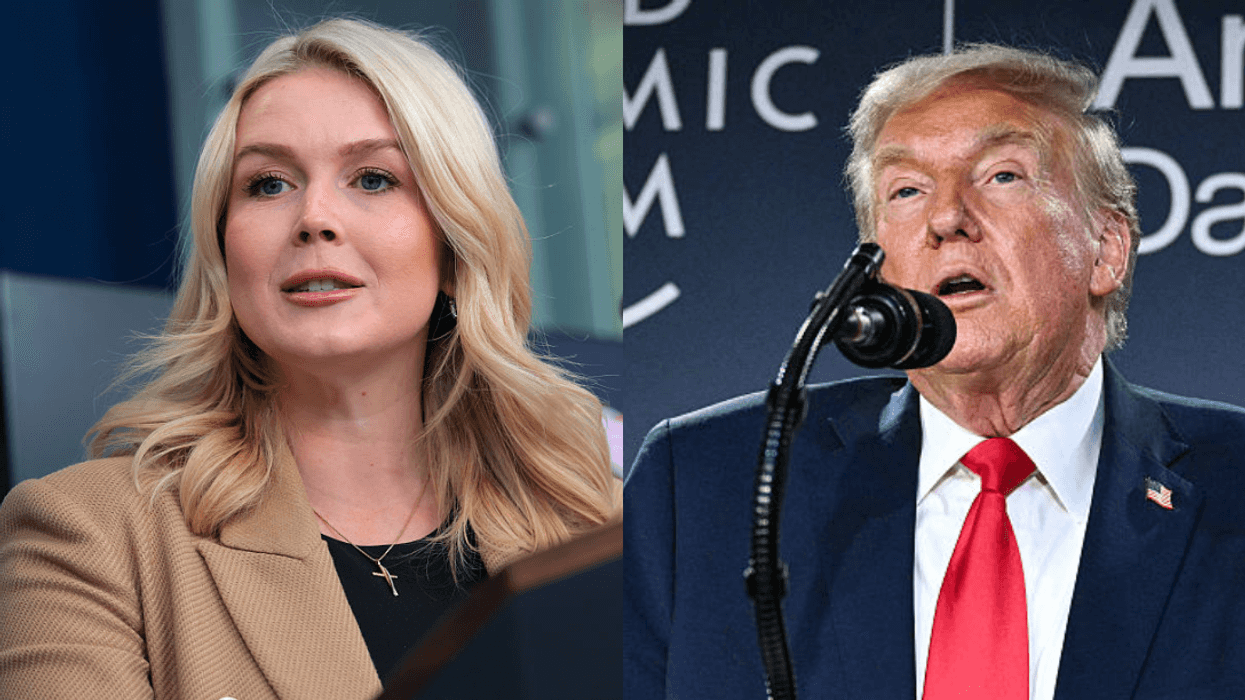
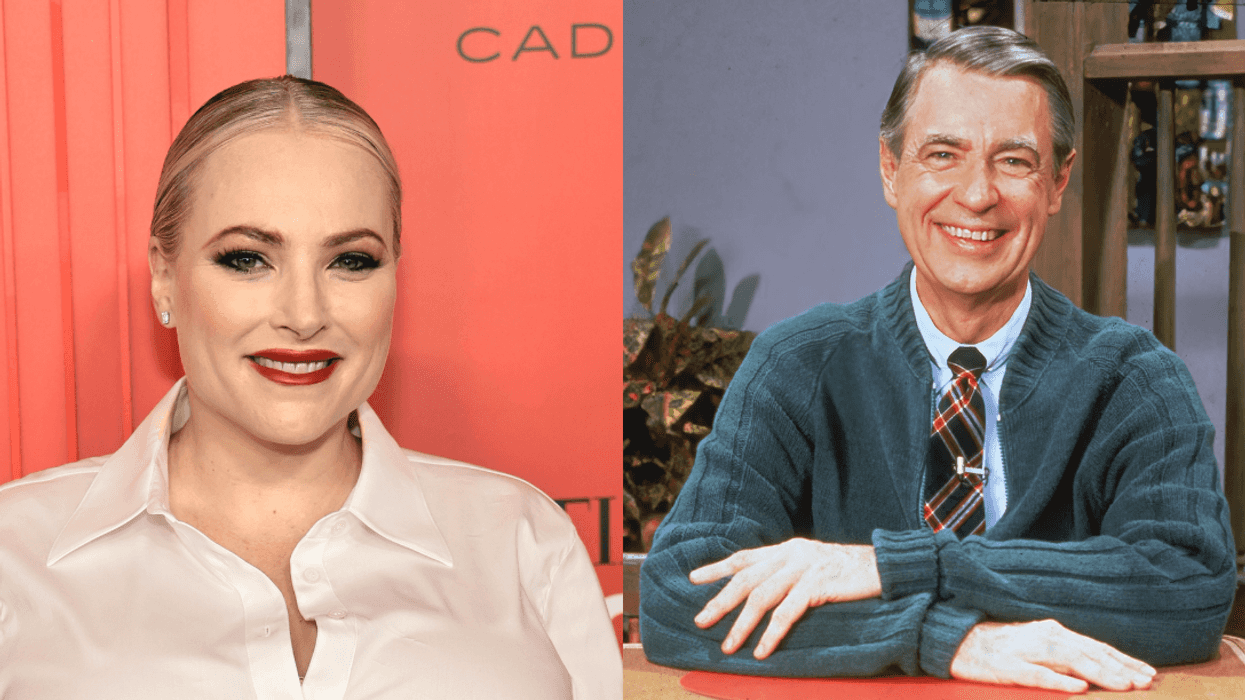
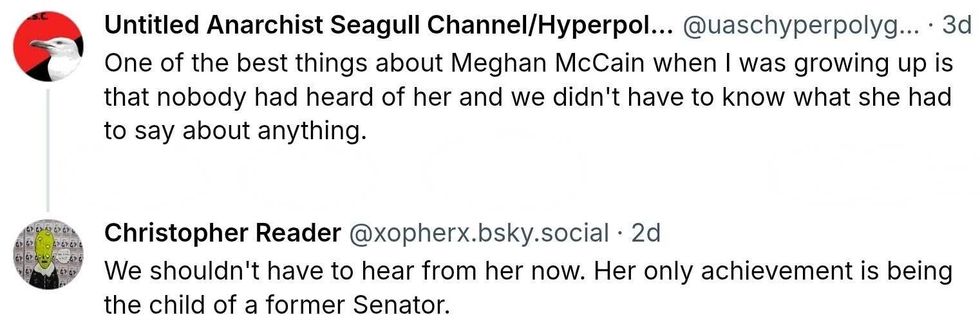 @uaschyperpolyglot; @xopherx/Bluesky
@uaschyperpolyglot; @xopherx/Bluesky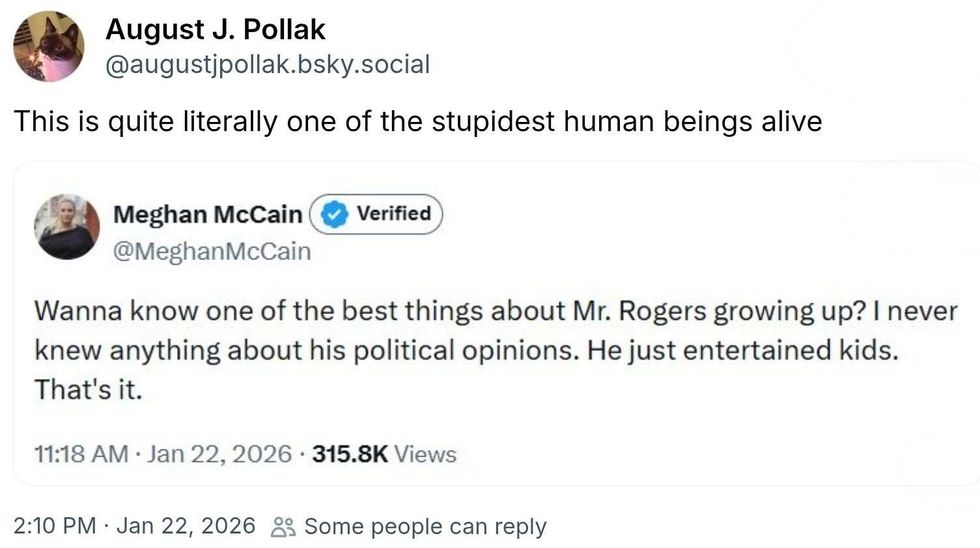 @augustjpollak/Bluesky
@augustjpollak/Bluesky @augustjpollak/Bluesky
@augustjpollak/Bluesky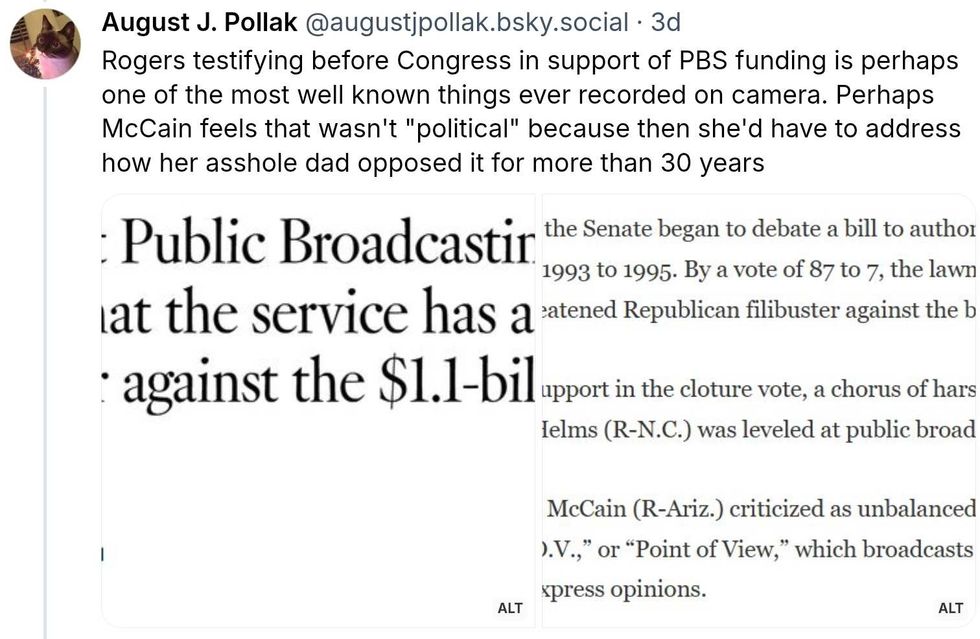 @augustjpollak/Bluesky
@augustjpollak/Bluesky @owill8s/Bluesky
@owill8s/Bluesky @sethcotlar/Bluesky
@sethcotlar/Bluesky @zoesamuel/Bluesky
@zoesamuel/Bluesky  @clggmf/Bluesky
@clggmf/Bluesky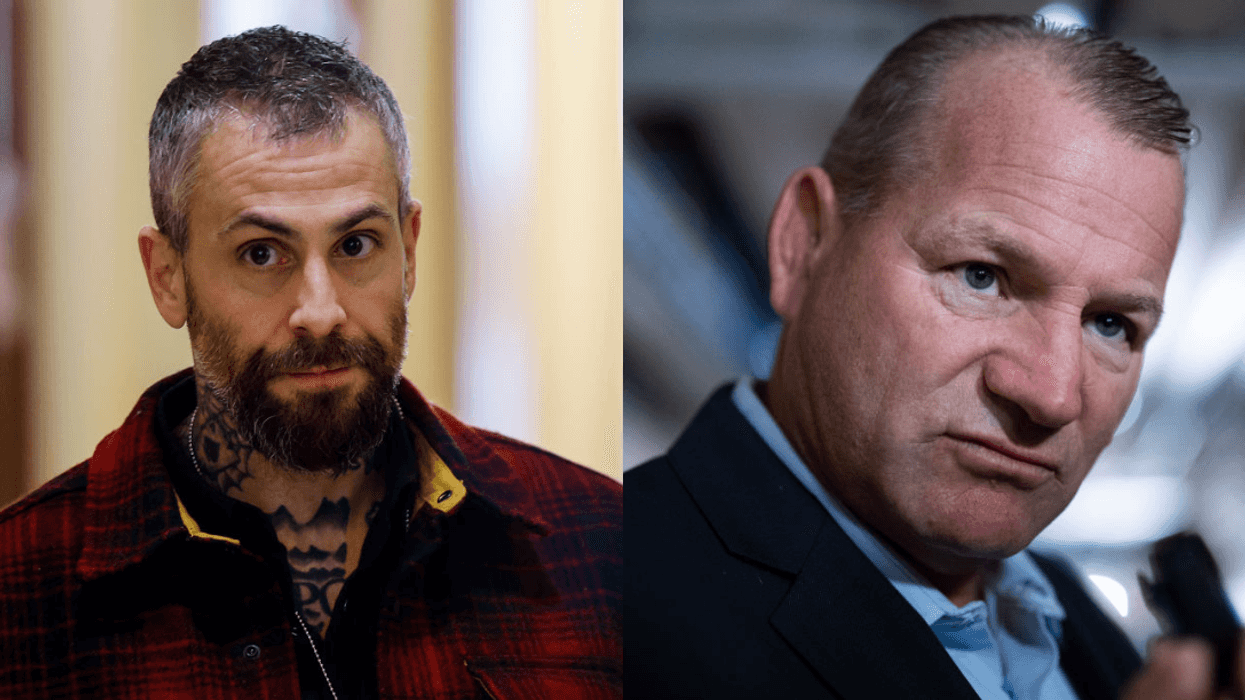
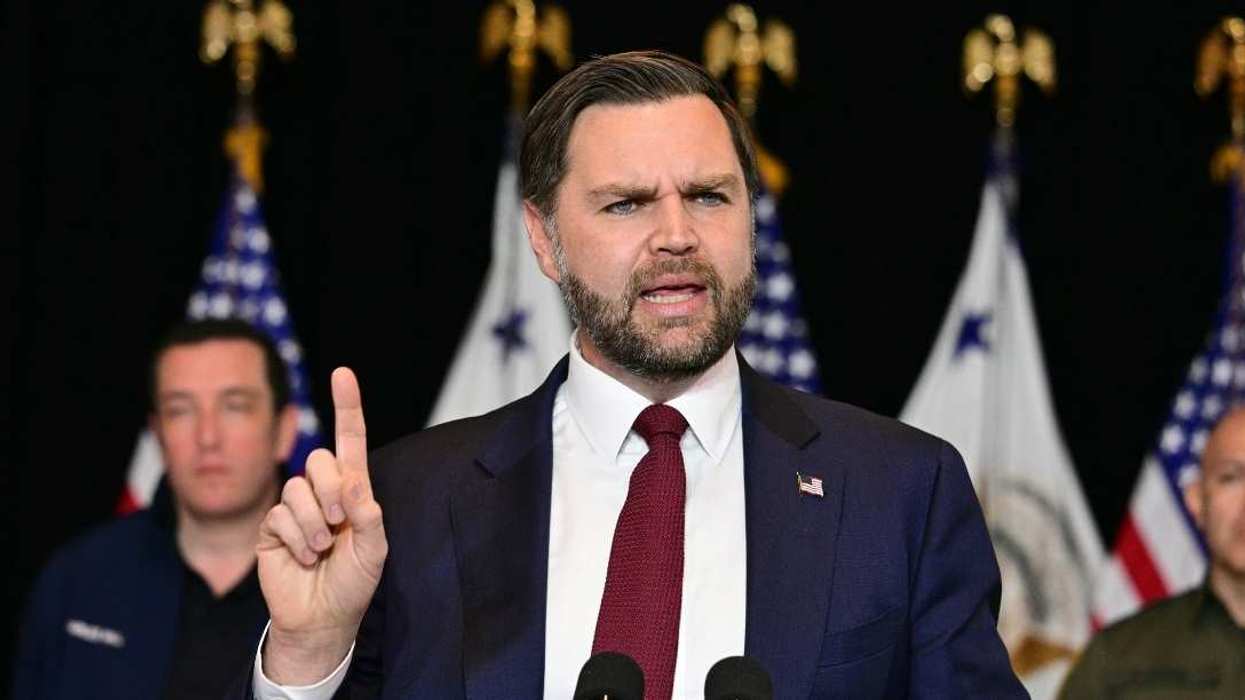
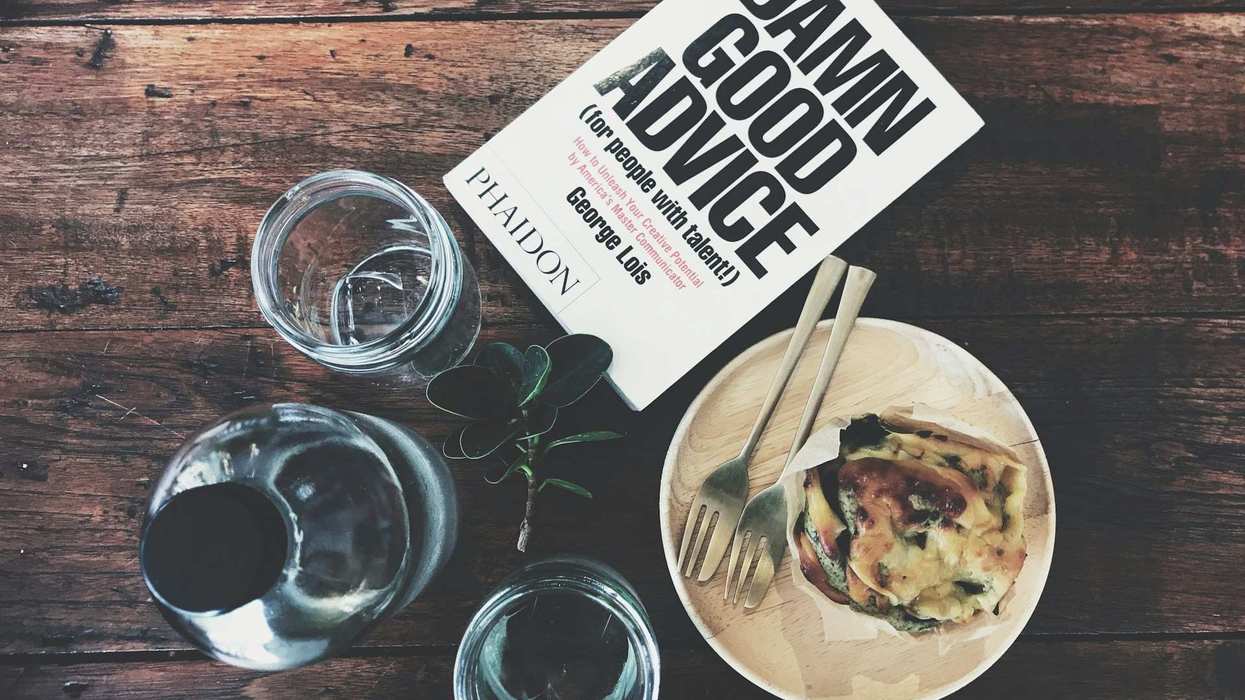
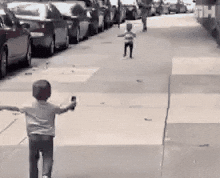 Friends Hug GIF by MOODMAN
Friends Hug GIF by MOODMAN  Body Wiggle GIF
Body Wiggle GIF  Aging Jamie Lee Curtis GIF
Aging Jamie Lee Curtis GIF 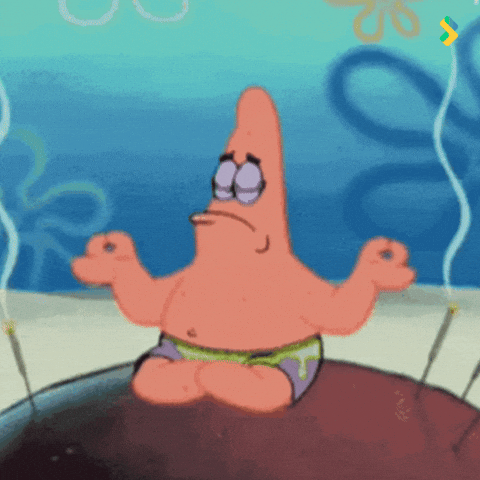 Serious
Serious